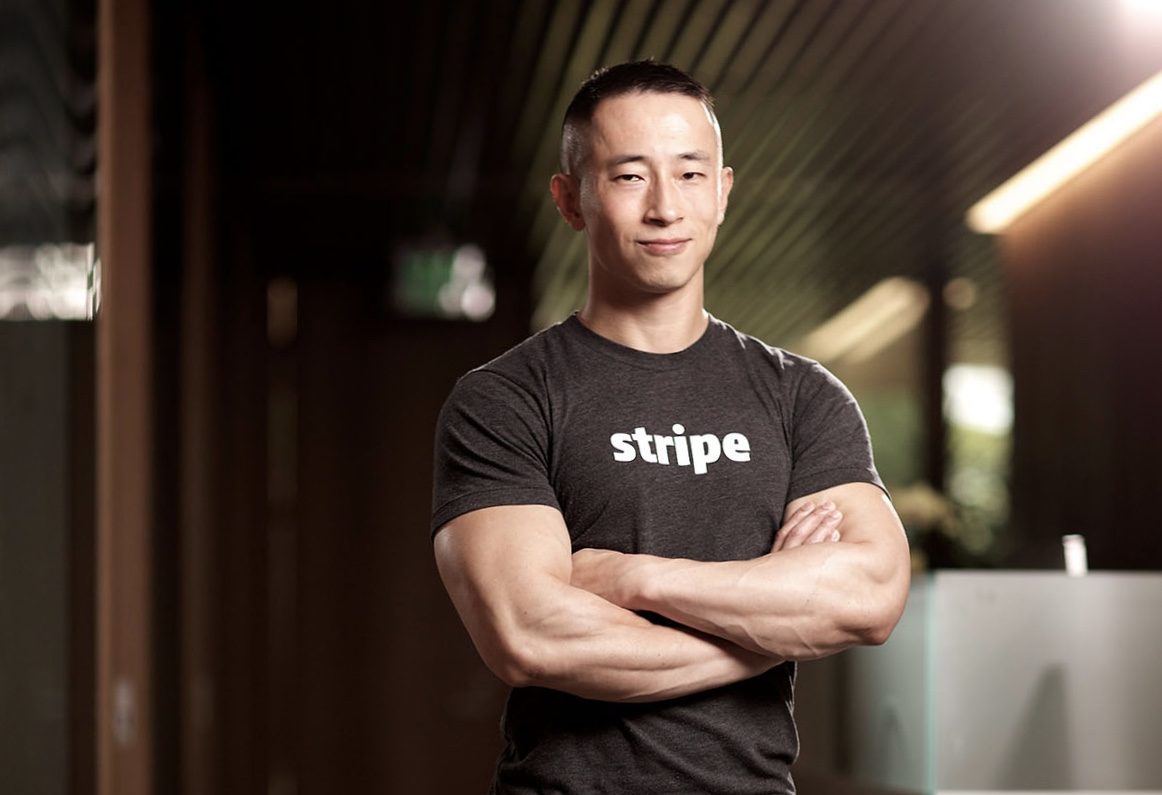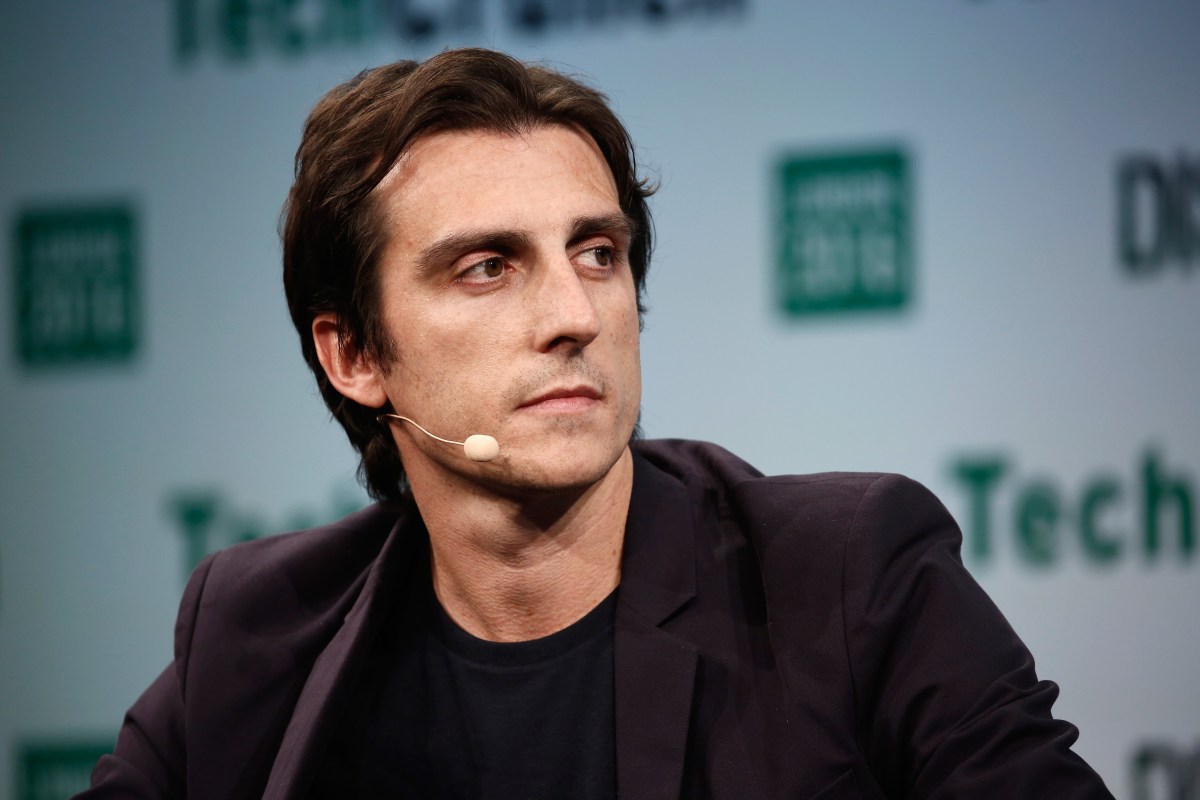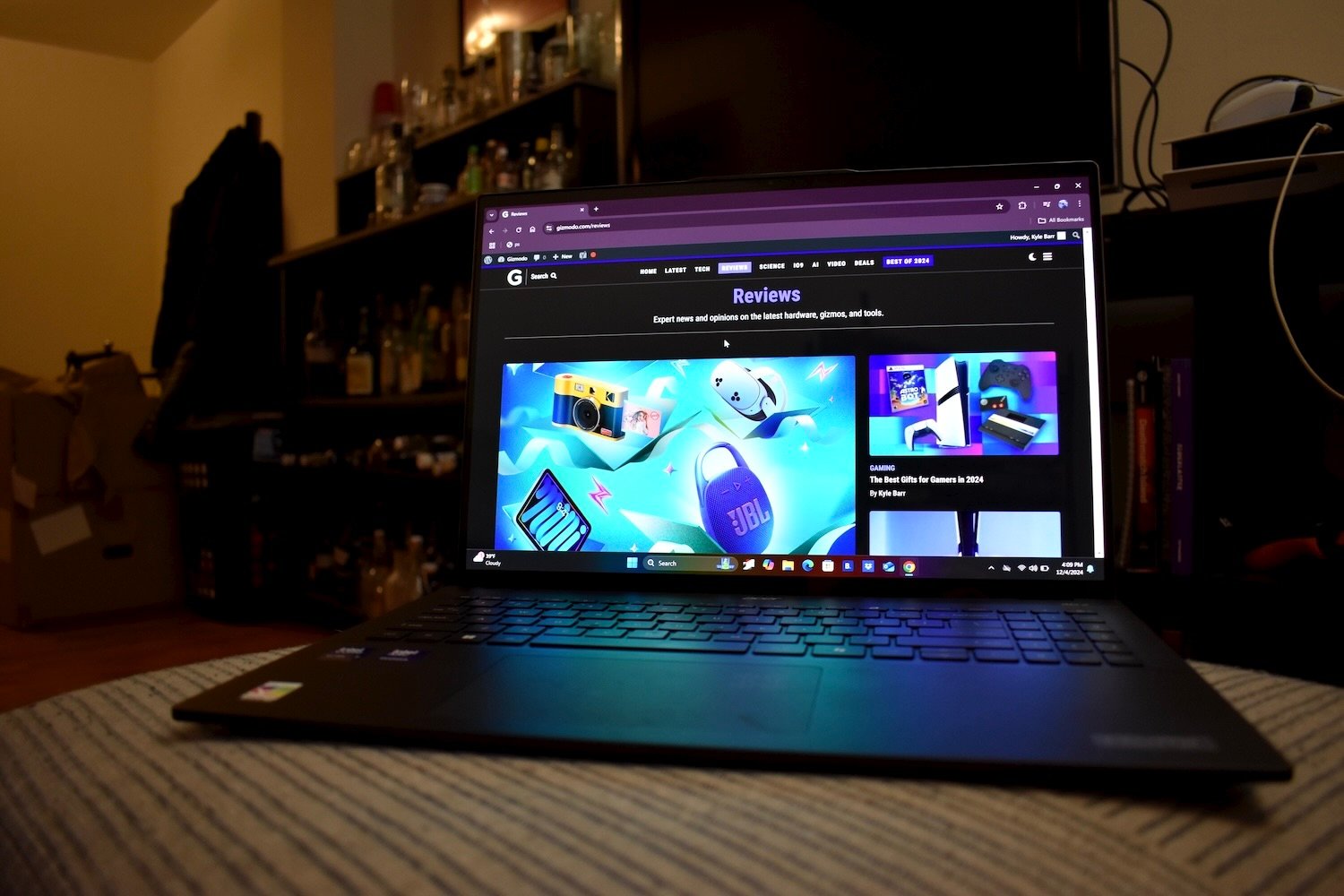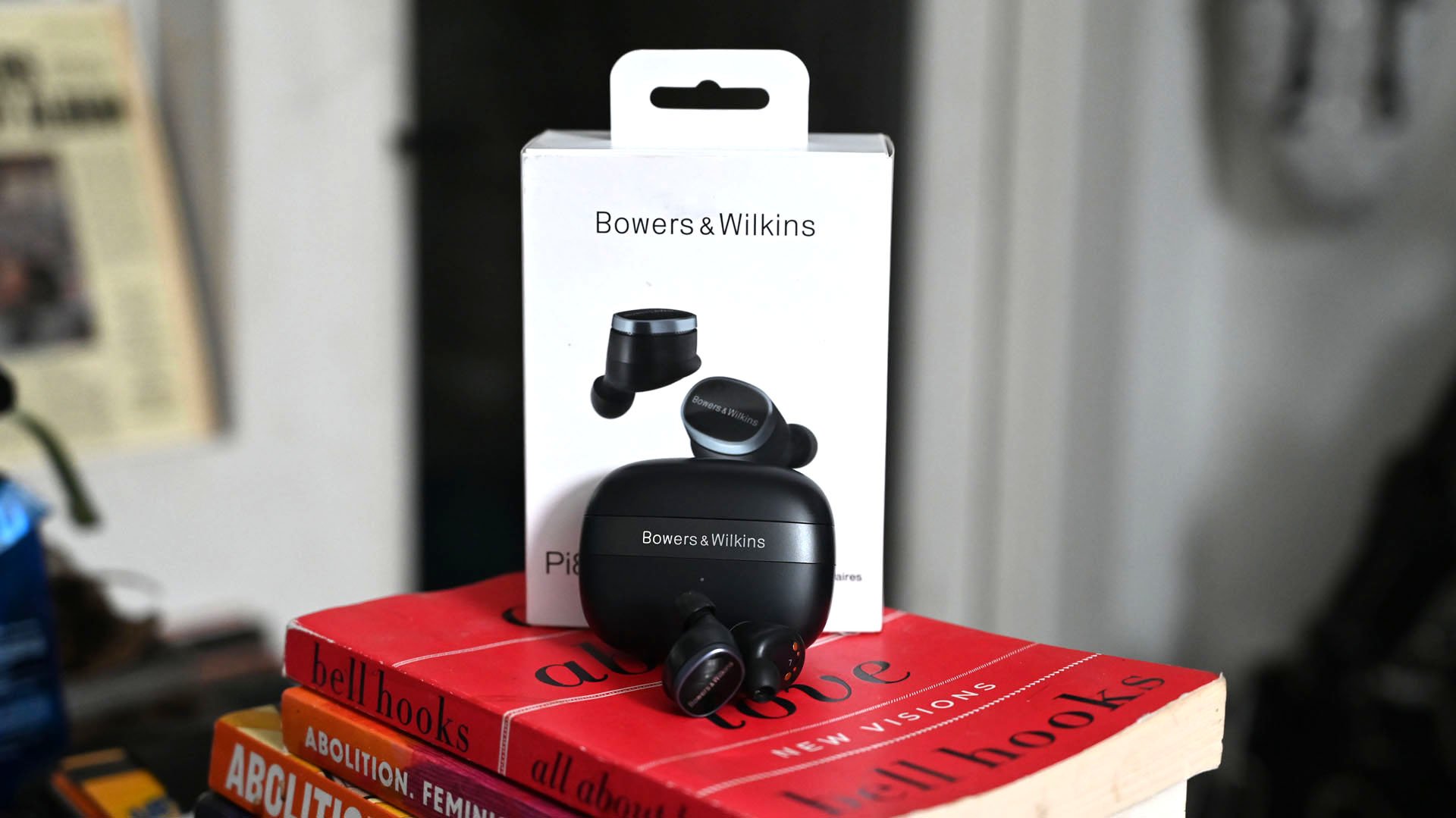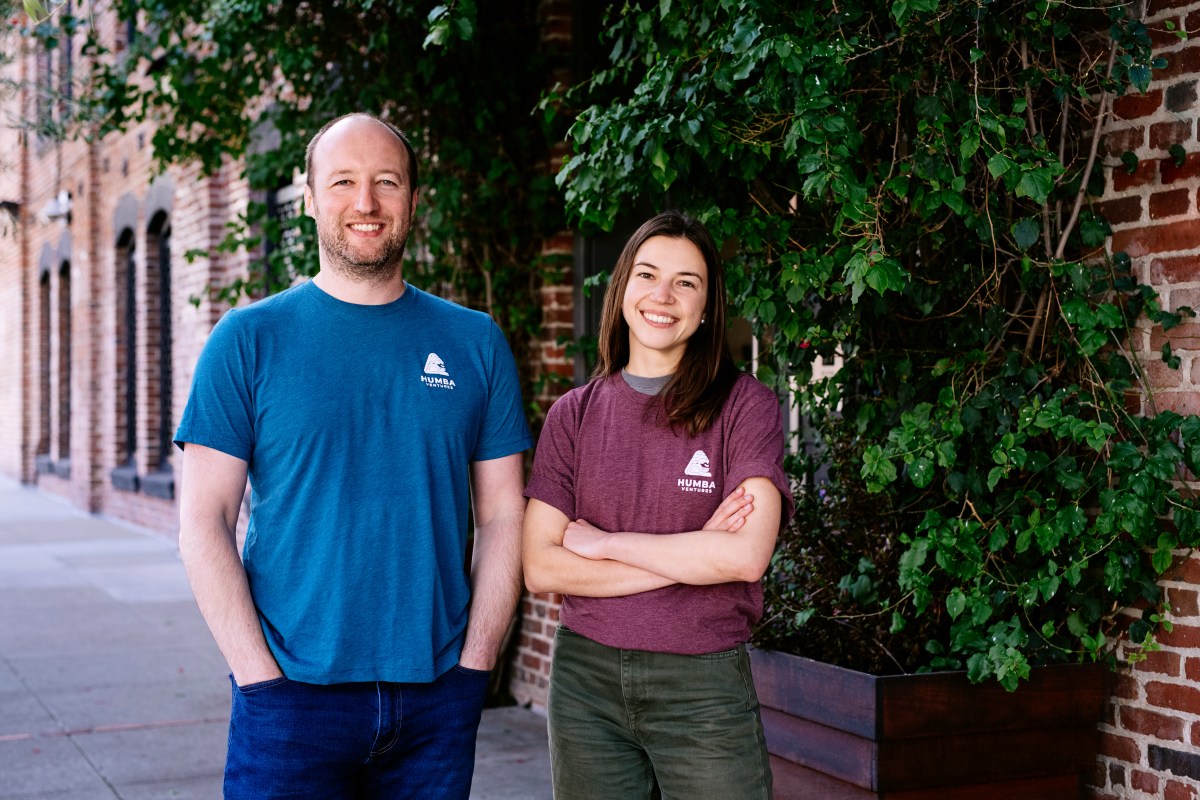
Humba Ventures said today it has raised $40 million to invest in deep tech and defense tech startups. It is a sister-firm to Susa Ventures, the seed-stage firm that has backed companies like Robinhood, Human Interest, and Flexport.
The fund comes at a time when defense tech is seeing venture investment reach record highs: Startups in the sector have raised nearly $3 billion so far in 2024, according to Crunchbase.
Susa has historically invested in fintech and software companies — a far cry from some of the hardware bets the Humba team has already made — Treeswift, for one, uses robots to monitor forests, while Antares is working on nuclear microreactors.
Susa Ventures’ co-founder Leo Polovets (pictured above, on the left with Anna-Sofia Lesiv) is doubling as a general partner at Humba Ventures, and he said when making investments through Humba, he has to adjust how he evaluates companies.
When he’s looking at fintech or BaaS companies for Susa, “you’re looking for insights on distribution, go-to-market and product-market fit, because that’s where most companies struggle,” he said.
“On the deep tech side, it’s kind of the opposite, where there’s no question that there’ll be demand for things like cancer cures or cheaper energy,” Polovets said. “The question is like, is this technology gonna work? Is this the best team that can build it?”
To launch a defense tech fund, Polovets had to approach fundraising from a different perspective. He consulted friends about whether he should take international money for Humba, especially when the team would be investing in startups that sell to the U.S. government. The consensus was clear: For the most part, stick to money from the U.S., U.K., New Zealand, Australia, and Canada.
“I didn’t take any money affiliated with China, for example, or the Middle East,” he said. “I had a couple LPs that were interested, but we decided that we would rather partner with other folks.”
Humba will be competing in a busy sector, particularly with firms like Andreessen Horowitz with its American Dynamism initiative as well as Founders Fund, but Polovets sees the sister-fund structure as a huge selling point. He said Humba and Susa share resources, like discounts on software like Carta, and marketing power. “Even though it’s a $40 million fund, I think the resources feel more like that of a $100 million or $150 million fund,” he said. “Both funds end up basically punching above their weight on AUM.”
